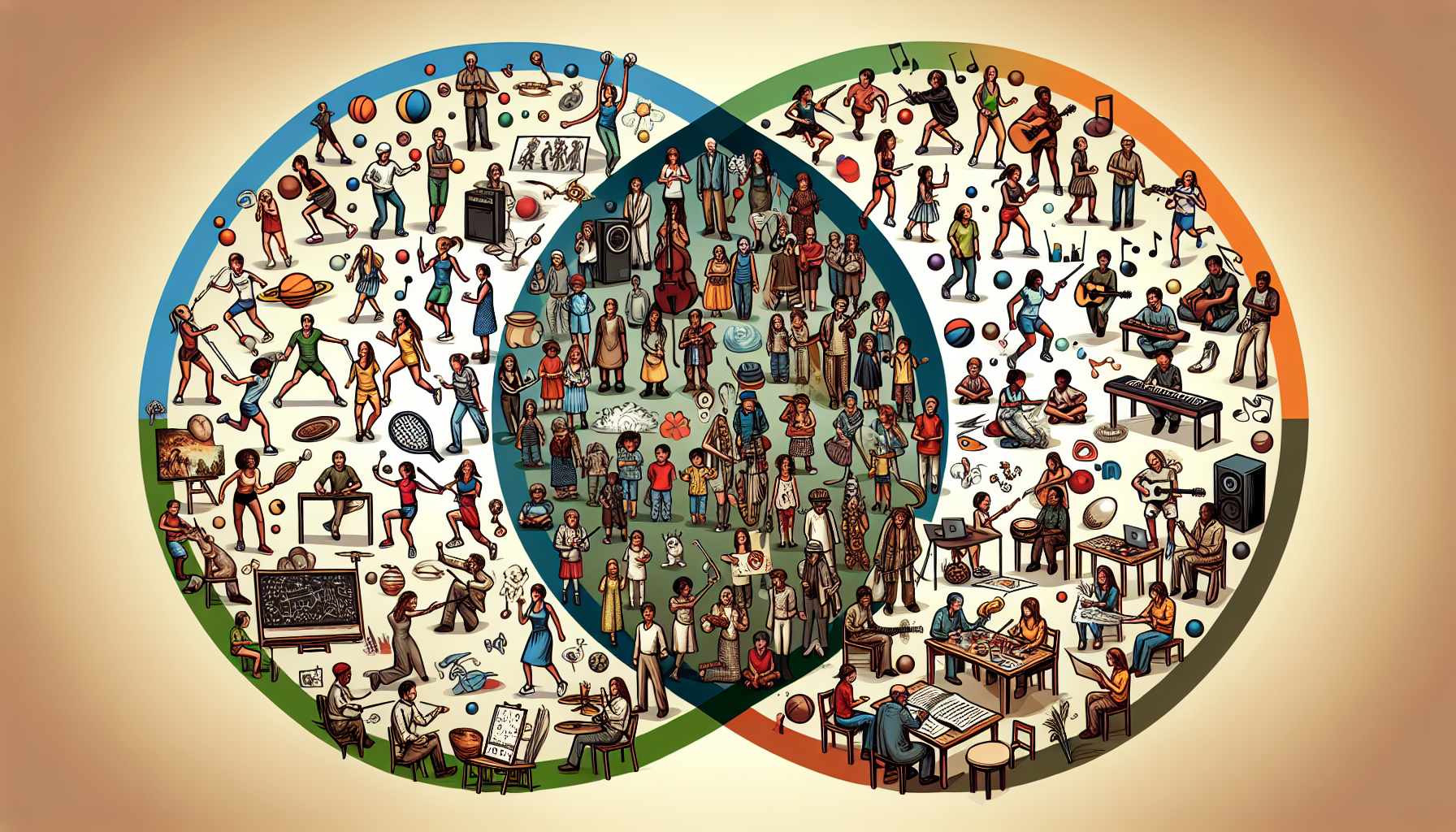The Hidden Value of Child Life Specialists

Child life specialists are trained to support children and families navigating the often daunting experiences of hospitalization, illness, and medical procedures. They employ a variety of strategies, including play therapy, education, and emotional support, to help children cope with their healthcare experiences. By using developmentally appropriate techniques, child life specialists ensure that children understand their medical conditions and procedures, reducing anxiety and fear.
Impact on Patient Outcomes and Emotional Well-Being
The presence of child life specialists in healthcare settings has been linked to improved patient outcomes. Research indicates that children who receive support from child life specialists experience less pain and anxiety during medical procedures. A study published in the Journal of Pediatric Psychology found that children who had access to child life services reported significantly less distress compared to those who did not.
Salary Considerations and Professional Recognition
Despite their invaluable contributions, child life specialists often face challenges when it comes to salary and professional recognition. While their role is critical to patient care, there is a discrepancy in compensation compared to other healthcare professionals. Factors influencing their salaries include education level, years of experience, geographic location, and the specific healthcare setting.
The work of child life specialists embodies a profound intersection of empathy, expertise, and advocacy within the healthcare system. Their contributions extend far beyond the walls of hospitals, influencing the emotional and psychological well-being of both children and their families.
Child Life Specialist
Children's hospitals, pediatric units, and rehabilitation centers
Core Responsibilities
Provide emotional support and therapeutic interventions to children undergoing medical treatment.
Educate children and families about medical procedures using developmentally appropriate methods, such as play therapy and storytelling.
Collaborate with healthcare teams to develop individualized care plans that address the psychological and emotional needs of pediatric patients.
Required Skills
Bachelor's degree in Child Life, Child Development, or a related field; certification as a Child Life Specialist (CCLS) is preferred.
Strong communication and interpersonal skills to effectively engage with children and families.
Knowledge of child development principles and therapeutic play techniques.
Pediatric Psychologist
Hospitals, outpatient clinics, and mental health facilities
Core Responsibilities
Conduct psychological assessments and therapy for children coping with chronic illness or medical procedures.
Develop and implement treatment plans that address behavioral and emotional issues related to health challenges.
Collaborate with medical staff to integrate psychological care into overall treatment strategies.
Required Skills
Doctorate in Psychology (Ph.D. or Psy.D.) with specialization in pediatric psychology.
License to practice psychology in the state of employment; experience working with children and families in healthcare settings.
Proficient in various therapeutic techniques, including cognitive-behavioral therapy (CBT) and play therapy.
Pediatric Nurse Practitioner (PNP)
Pediatric clinics, hospitals, and community health organizations
Core Responsibilities
Provide primary and specialty care to infants, children, and adolescents, including physical exams, diagnosis, and treatment of illnesses.
Educate families about health management and preventive care, ensuring understanding of treatment plans.
Collaborate with child life specialists and other healthcare professionals to support the emotional and psychological needs of patients.
Required Skills
Master’s degree in Nursing with a Pediatric Nurse Practitioner program; national certification as a PNP is required.
Strong clinical assessment skills and ability to develop comprehensive care plans.
Excellent communication and advocacy skills, especially when working with children and families.
Art Therapist (Pediatric Focus)
Hospitals, rehabilitation centers, and mental health clinics
Core Responsibilities
Utilize art therapy techniques to help children express their feelings and cope with medical experiences, pain, or trauma.
Assess children's emotional needs and develop individualized art therapy plans that enhance their coping strategies.
Work closely with a multidisciplinary team to integrate therapeutic art interventions into the overall care plan.
Required Skills
Master's degree in Art Therapy or related field; registered art therapist (ATR) credential is preferred.
Experience working with children in clinical or educational settings; strong understanding of child development.
Creative skills and the ability to adapt artistic techniques to suit the needs of diverse patients.
Child Development Specialist
Hospitals, early intervention programs, and educational institutions
Core Responsibilities
Assess and monitor the developmental progress of children facing medical challenges or disabilities.
Provide guidance and support to families regarding developmental milestones and interventions.
Develop and implement programs that promote emotional and social development in a healthcare setting.
Required Skills
Bachelor's or Master's degree in Child Development, Early Childhood Education, or a related field.
Strong observational and analytical skills to evaluate child behavior and development.
Knowledge of developmental psychology and effective communication techniques with children and families.


